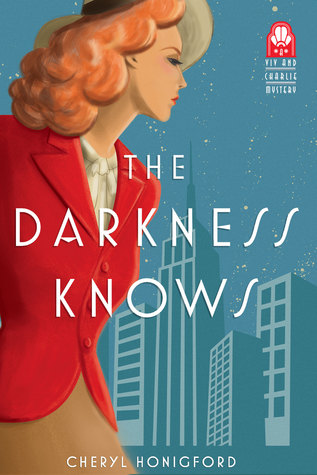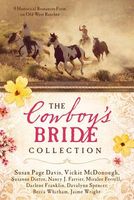I saw three shows recently. First, a touring production of Beauty and the Beast which is now scaled back somewhat from the dazzling 90s production and didn't do a lot for me.
Friends and I went to Tarragon to see You Will Remember Me which was a fascinating experience: mostly because the playwright and translator were there to flesh out their experiences with the piece in a post-show talkback.
 |
| c/o Torontoist |
R.H. Thomson is pretty unbelievable as a French-Canadian history professor whose alzheimers is settling in quickly. While his quick mind still holds to the past ( the very, very far gone past ), scribbles in his notebook keep that which is contemporary swirling around him.
It is a quiet play with calm sets and a small cast, largely resting on the fact that Thomson is brilliant. He really is. He is magnificent and heartbreaking here.
But, what the play renders so beautifully is a snapshot of the threatening loss of cultural consciousness. A bold statement on the loss of the fervour of a Quebec Libre, Rene Levesque and past referendum. While this Quebecois-surged piece might at first seem isolating to those unfamiliar with the material--- the themes of loss and a zealous nostalgia are universal. Hence, when the playwright mentioned that it had played in Calgary and was perhaps finding its way to New York, I knew that the solid material would shine.
No intermission and a stark woodsy backdrop immerse you immediately in the content and do not let you go until the lights dim. Perhaps one of the most interesting notes I came away with is how Thomson managed to inflect his voice and mannerisms with those of a man indigenous to Quebec without putting on an accent. I am a firm believer that I would rather have no accent than an inconsistent one and while Thomson can probably do anything, this was one thing that stood out for me.
 |
| c/o postcity |
Readers of my blog know I am a MASSIVE Soulpepper fan. We are so lucky that Toronto has such a strong theatre base and their ensemble pieces continue to dazzle. I was familiar with David French's Canadian play but had never seen it and it is one of the funniest and most farcical spectacles I have ever seen on stage. The audience was in an uproar surging the auditorium with an energy that flicked and pulsed the frenetic action on stage. Oliver Dennis is a LONG time favourite of mine and he is perhaps the most scene-stealing character in this backstage drama about the anxieties and tensions rampant behind an opening production.
The cast used the space well: meandering through the aisles, the stage manager bellowing from the box above and the set was all 70s kitsch. Alex Furber ( who we had seen in Anne and Gilbert the musical in the fall) played the ingenue role like a wide-eyed Greg Brady.
I am really lucky to live where I do: in close proximity to festivals such as Shaw and Stratford and in the heart of Toronto which has some of the greatest theatre going.
In both of the aforementioned plays, the love for Canadian culture and its limitations and triumphs are paraded --- in Jitters over-the-top, in You Will Remember Me subtle and sad.




